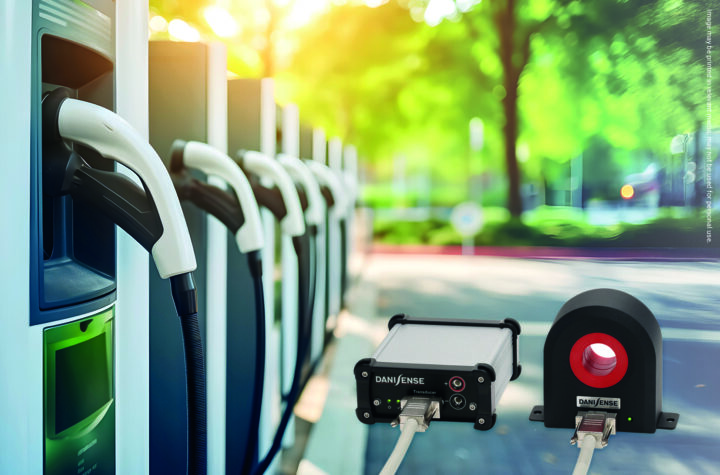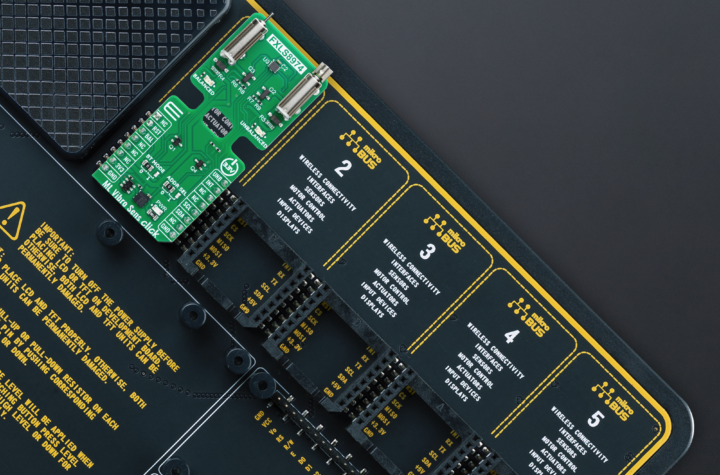
Based on a flurry of press reports, Audi and Joule Unlimited have joined in an effort to commercialize Sunflower-E and Sunflower-D fuel based on Joule’s proprietary microorganism secretion technology.
The E (ethanol) and D (diesel) fuels are reported to have basic cost of $1.28 gal (production + total capital, 70/30 debt equity, 15 year depreciation). Key advantages of Joule fuel are complete elimination of the need for any food or non-food crops, comparatively little land use, no use of fresh water and use of waste CO2 from power and manufacturing plants as raw material.
Taken together, the Joule fuel, which Audi will help to promote, has remarkable economic, environmental and domestic job creation advantages certain to gain widespread favorable recognition as contrasted with the long term pollution, oil spill, dollar outflow and geopolitical negatives of petroleum.
For some time, Joule’s experimental production system was based on expensive complex flat panels with internal spaces for circulation of the microorganism solution oriented to the sun for energy. The cost of this aspect of the overall system has since been drastically reduced by Joule with the use instead of plastic tubes about two meters in diameter and up to 50 meters long simply laid out on the ground.
Joule is reportedly now in limited production of fuel, but closing in on expansion to scale (early 2013) based on proven technology. Joule is 100% privately owned, hence, depends on interest and investment from outside firms. It is staffing up with experienced personnel for worldwide marketing of its technology. An interesting aspect of Joule’s affiliation with Audi is the degree to which Audi’s expression of interest in the basic advantages and nature of the technology will rub off on others with somewhat similar systems. A case in point is the Florida Algenol project that has been using plastic tubes on the ground to house algae-based solutions for some time. Algenol’s non-crop, no fresh water, waste CO2 input characteristics are essentially the same; the one vital difference being algae based vs. Joule’s unknown microorganism.
Another is the Algae.Tec system that also does not use biomass and fresh water. Like Joule, it uses waste CO2 which its producers are required to otherwise sequester at considerable cost. Algae. Tec houses its production system in 40 ft. modules supplied with solar energy via fiber optics from outside solar energy collectors. Also coming into view are suggestions that one of the routes to higher IC engine efficiency is higher compression, in turn requiring the higher octane of ethanol. Interest in this would presumably gain with new sources of non-crop, non-fresh water based ethanol. Such systems, however, based on simultaneous changes in both engines and fuels are difficult to achieve.
For now, Audi has aimed the publicity spotlight on direct support of new, economic, green fuel. This serves to suggest that bio fuels at least for automotive use may have at long last reached critical mass, on the road to wide adoption. Surely, recent publicity characterizing biofuel as $27/gal product will now fade away.















More Stories
AVL ThermalLab™ brings dynamic road VTMS conditions to the laboratory
Sika – where battery storage technology for EVs, wind and solar meet
Driving Change with Circular Aluminum: Hydro’s Role in the Automotive Future